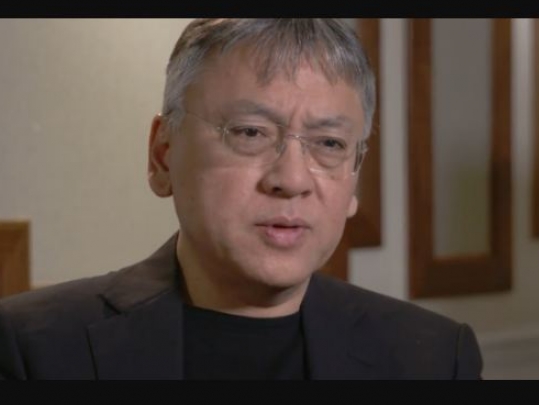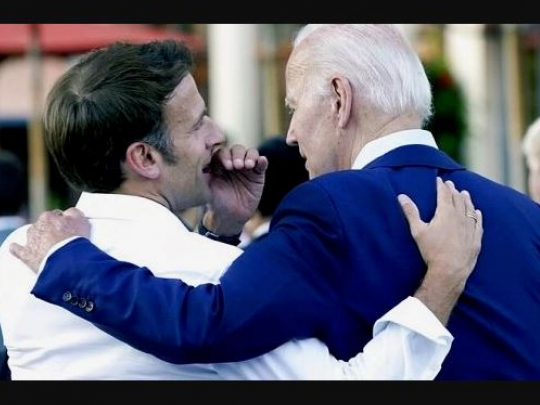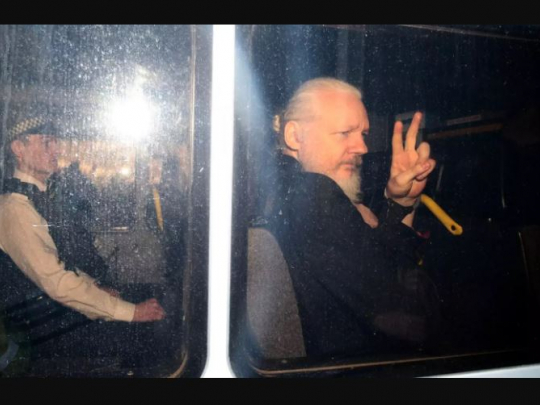Nobel Prize winning author Kazuo Ishiguro says authors are self-censoring over cancel culture fears

The tide may not quite be turning yet, but more and more public figures from the very circles that helped nurture wokeism and cancel culture – artistic elites and high-profile entertainers – are starting to openly criticize these as harmful purveyors of censorship and fear.
Celebrated Japanese-born author and Nobel Prize winner Kazuo Ishiguro, who was in 2019 knighted in his adoptive country, the UK, has added his voice to these critics, showing particular concern about the younger generation of writers and how the current climate might adversely affect their work.
Ishiguro came down hard on cancel culture, calling its proponents anonymous online lynch mobs, and a danger to creativity and free expression especially among the less well-known authors, forcing them to self-censor and abandon, out of fear of repercussions, the art of writing from a perspective other than only their own.
“Novelists should feel free to write from whichever viewpoint they wish or represent all kinds of views,” he told the BBC, pointing out that as a young author, he was free to write from points of view unrelated to his own identity, including from that of a woman.
Salman Rushdie previously expressed his concerns that literary expression might be stifled if writers are forced to deal only with their own experiences. Rushdie has had a close run-in with extreme cancel culture – when Iran issued a fatwa, an execution order against him, because of one of his books.
By voicing his criticism, Ishiguro joined a growing “club” of world-famous authors, philosophers, journalist, and musicians – like JK Rowling, Noam Chomsky, Gloria Steinem and others who were in 2020 among hundreds of their peers to sign an open letter against censorship and public shaming, resulting in ostracism – a fancy way to describe the phenomenon of “canceling” people for their opinions or beliefs, and even creative expression.
Ishiguro believes that his illustrious career, age, and status protects him from becoming a victim.
“Perhaps it’s an illusion but I think I’m protected,” he told British media.
Others who have spoken out recently include musician Nick Cave, who took particular issue with what he said was “refusal to engage with uncomfortable ideas” – while 81-year-old TV personality and novelist Prue Leith proves that not only young and less established authors are at risk.
Last year, she gave up on publishing a novel “because they (the publisher) kept wanting to tell me what was politically correct.”
- Source : Didi Rankovic


















